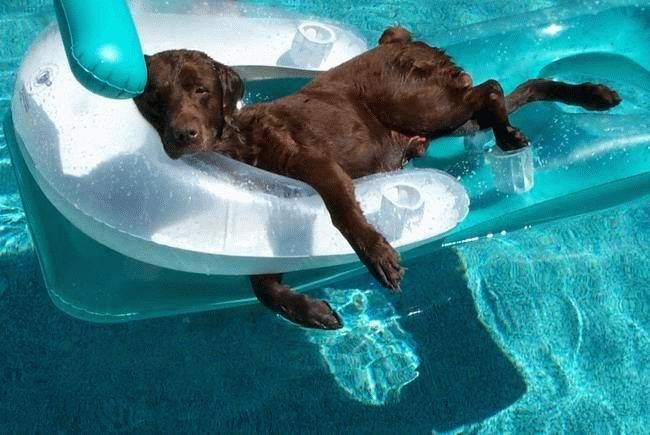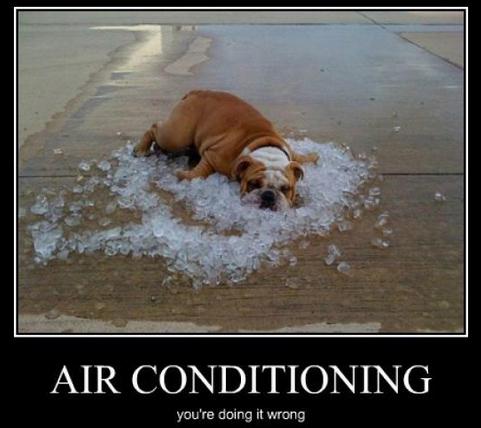Summer is upon us, fellow pet lovers, and with summer comes lots of outdoor fun with our pets. However, depending on where you live, the summer heat can present many dangers to your pet. Pet owners can sometimes be oblivious to these dangers, which can result in many health risks for our furry friends. Keep your pet comfortable and safe this summer with these tips on how to beat the heat.
What NOT to do
With temperatures rising to potentially dangerous levels in the summer months, you have to be conscious of your pet’s safety. In the hot summer months, these are some of the ‘DONTS’ to keep in mind when caring for your pet in the heat.
- Never leave your pet unattended inside of the car. Honestly, it is never a good idea to leave your pet unattended in a vehicle for any length of time beyond a couple of minutes, but this is especially true in the event of extreme temperatures, whether hot or cold. The inside of a car on just a warm day can reach dangerous and fatal temperature levels, and it can happen within minutes! Print out this Humane Society flyer to disperse and help to educate your community.
- Do not put a muzzle on a dog while they are out in the heat. There is a reason why dogs start panting when they get really hot – it is a natural way of controlling their body temperature. When you put a muzzle on a dog while they are out in the heat, you are preventing this natural process from occurring, which can lead to over-heating or heat stroke.
- Do not leave your pet outside for extended periods of time during extreme heat. If it is too hot for you to be outside for an extended period of time, then you should consider it too hot for your pet as well.

Warning Signs of Heat Stroke
It is important to be aware of the signs that your pet may be in danger of a heat stroke. Some of these warning signs are:
- Heavy panting
- Difficulty breathing
- Excessive thirst
- Lethargy
- Glazed eyes
- Lack of coordination
- Rapid heartbeat
- Dizziness
- Profuse salivation
- Vomiting
Pets who are most susceptible to suffering from heat stroke are usually very old or very young, overweight, or pets not conditioned to prolonged exercise. Speaking of exercise, if you are out exercising with your pet and they suddenly insist on slowing down or laying down – this is a sign that your pet is over-heated or over-exerted. Listen to what your pet is trying to tell you. Here are some more helpful tips on recognizing the warning signs of a heat stroke.
If you suspect that your pet is suffering from a heat stroke, move them to the shade or an air-conditioned area immediately, place ice packs or cold towels to their head, neck and chest and take them to the veterinarian as soon as possible.
Tips to Consider
- If your pet is going to be outside in the heat for any extended amount of time, be sure that they have access to plenty of water.
- Do not assume that a dog house is a proper place for your pet to cool off in the heat. Dog houses are built to prevent air movement and can build up heat quickly.
- When taking your pet out to exercise or walk/jog, be aware that the hot asphalt/concrete can be damaging to your pet’s paws. You’ve walked barefoot on hot asphalt before, right?
- The best way to cool down your pet is by placing cool water or cloths on their neck, pads of feet, or belly.
- If you have a longer haired dog, consider getting their hair cut shorter in the summer months.

Now that you know how to keep your pet comfortable and safe in the hot, summer months – get outside and have some fun with your pet on those beautiful, sunny days. Just don’t overdo it and stay cool!

